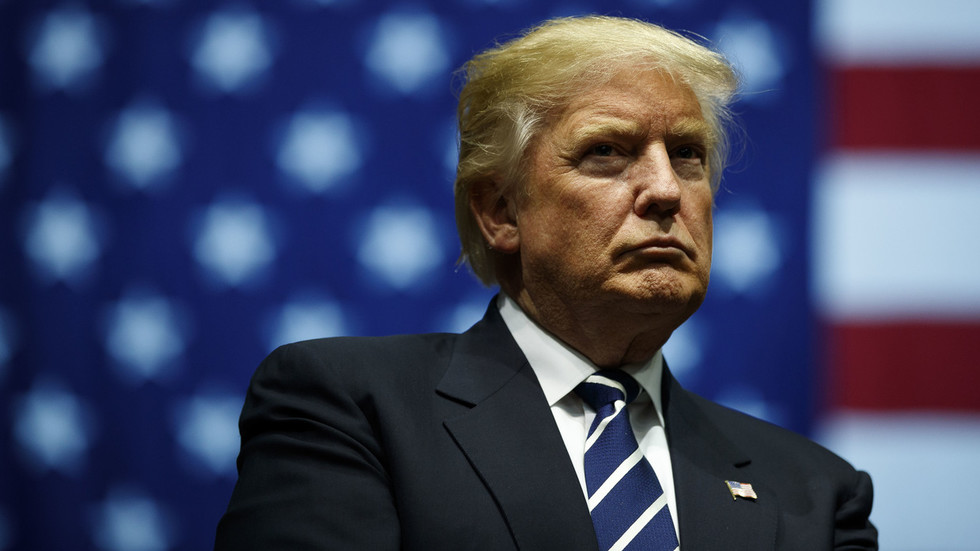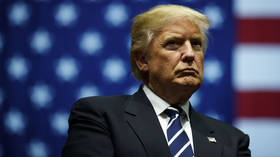
Loyal appointees would enable the Republican to rule more effectively than the first time

File photo: 45th US President Donald Trump. © Drew Angerer/Getty Images
Donald Trump’s potential second term in the White House might see Washington stop funding Ukraine, withdraw from NATO, and further cut economic ties with China, Reuters reported on Monday, citing anonymous sources.
During his 2017-2021 presidency, many of Trump’s policies ended up obstructed by unelected government officials and sometimes even his own appointees, according to numerous insider accounts. He seeks to get around that problem by appointing “loyalists” more amenable to his “isolationist policies and whims,” the outlet claimed.
Reuters admitted that Trump himself has offered “few clues” about his intentions. The article was based on interviews with almost 20 current and former aides and diplomats, most of whom were not named.
According to eight European diplomats, there are “acute fears” that the second Trump administration would cut off aid to Ukraine and doubts whether it would honor the US commitment to “defend NATO allies.”
“There are rumors that he wants to take the US away from NATO or withdraw from Europe, of course it sounds worrying but… we are not in a panic,” said a diplomat from one Baltic country.
Another diplomat, representing a northern European NATO member state, outlined the options his and some other embassies have sent to their capitals about the November 2024 election. If the incumbent president, Democrat Joe Biden, is reelected, “Things might go rather well: the US keeps on rehabilitating herself,” he said.
A “mild” version of the second Trump presidency would be “a repetition of his first term with some aggressive overtones.” If he actually follows through on pledges to dismantle the ‘Deep State’ apparatus, that would be the “doomsday option,” according to the diplomat.

Read more
Trump is currently the favorite for the Republican presidential nomination. If he defeats Biden, he “would likely install loyalists in key positions in the Pentagon, State Department and CIA whose primary allegiance would be to him,” the anonymous aides told Reuters. That would enable him to “advance his foreign policy priorities faster and more efficiently than he was able to when previously in office.”
Making political appointments is the constitutional prerogative of US presidents. However, Trump has hinted he might purge the lower ranks of the federal bureaucracy, on many occasions describing the “Washington swamp” as an impediment to genuine reforms.
“President Trump came to realize that personnel is policy,” Robert O’Brien, Trump’s fourth national security advisor, told Reuters. “At the outset of his administration, there were a lot of people that were interested in implementing their own policies, not the president’s policies.”
Four people who “converse” with the 45th president have said that he regularly gets advice from former Director of National Intelligence John Ratcliffe, Ambassador Richard Grenell, and his one-time deputy, Kash Patel. None of them responded to Reuters’ interview requests. Neither Trump nor his campaign commented on the story.




